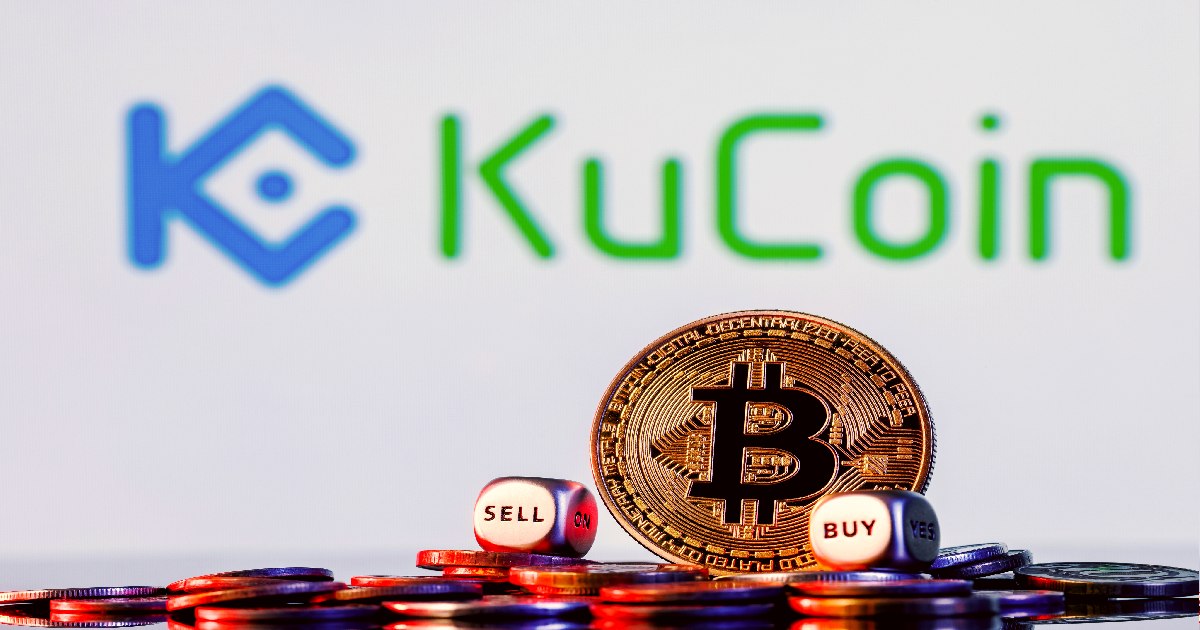KuCoin, one of the world’s most popular cryptocurrency exchanges, has reached a major settlement with the New York State Attorney General’s Office. The signing of this deal, which includes a $22 million payment and a pledge to cease operations for New York State residents, marks a significant step forward in regulating cryptocurrency exchanges in the United States.
Under the settlement and consent order filed with the New York Supreme Court, KuCoin will pay a total of $22 million to the state of New York. This total consists of a total of $5.3 million paid to the Attorney General’s Office and a total of $16.77 million paid to New York consumers. At issue in the settlement is an allegation that KuCoin violated securities laws by selling tokens, including ether, as securities without first registering under applicable regulations.
The lawsuit, filed by New York Attorney General Letitia James, was the first time a regulator had argued in court that ether constituted a security. This groundbreaking claim reflects the continued growing understanding of cryptocurrencies as financial instruments as well as their regulation.
KuCoin CEO Johnny Lyu pointed out that this payment is a guarantee of the exchange’s commitment to conduct operations in compliance with regulations. This decision comes at a time of significant change in the regulatory environment for Bitcoin platforms globally.
As part of the settlement, KuCoin will remove access for New York State users within 120 days from the date the order goes into effect. The exchange only allows users to withdraw money for 30 days, while users can withdraw their money within 90 days. This move is in line with the needs of regulators and KuCoin’s evolving attitude toward compliance, which marks a departure from the company’s previous stance on protecting users’ privacy.
Previously, KuCoin was known for its privacy philosophy, opposing Know Your Customer (KYC) and Anti-Money Laundering (AML) legislation. The company’s main focus was Bitcoin trading. Since then, this policy has undergone changes to comply with legal standards, reflecting the constant conflict that exists between privacy and compliance in the Bitcoin sector.
Image source: Shutterstock

